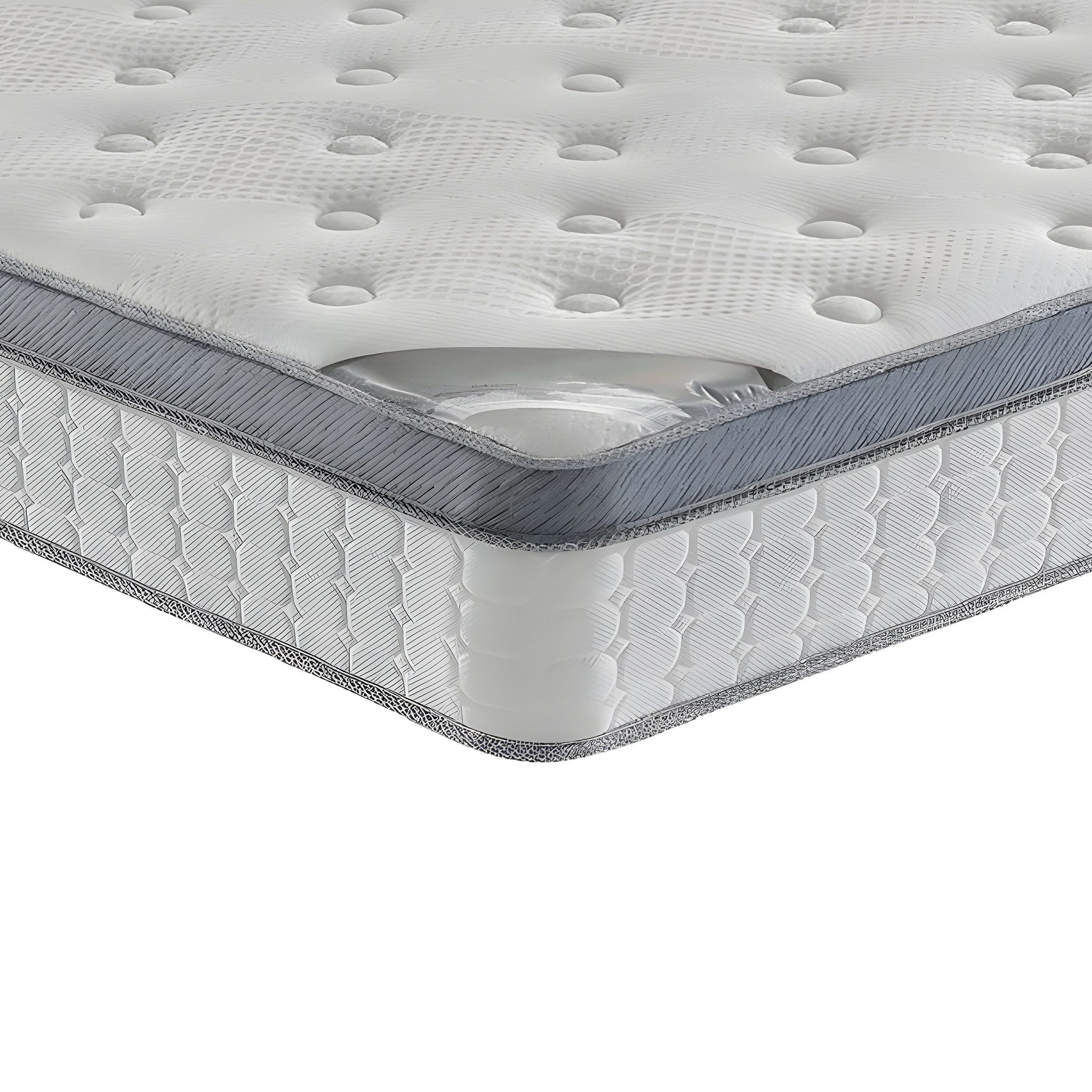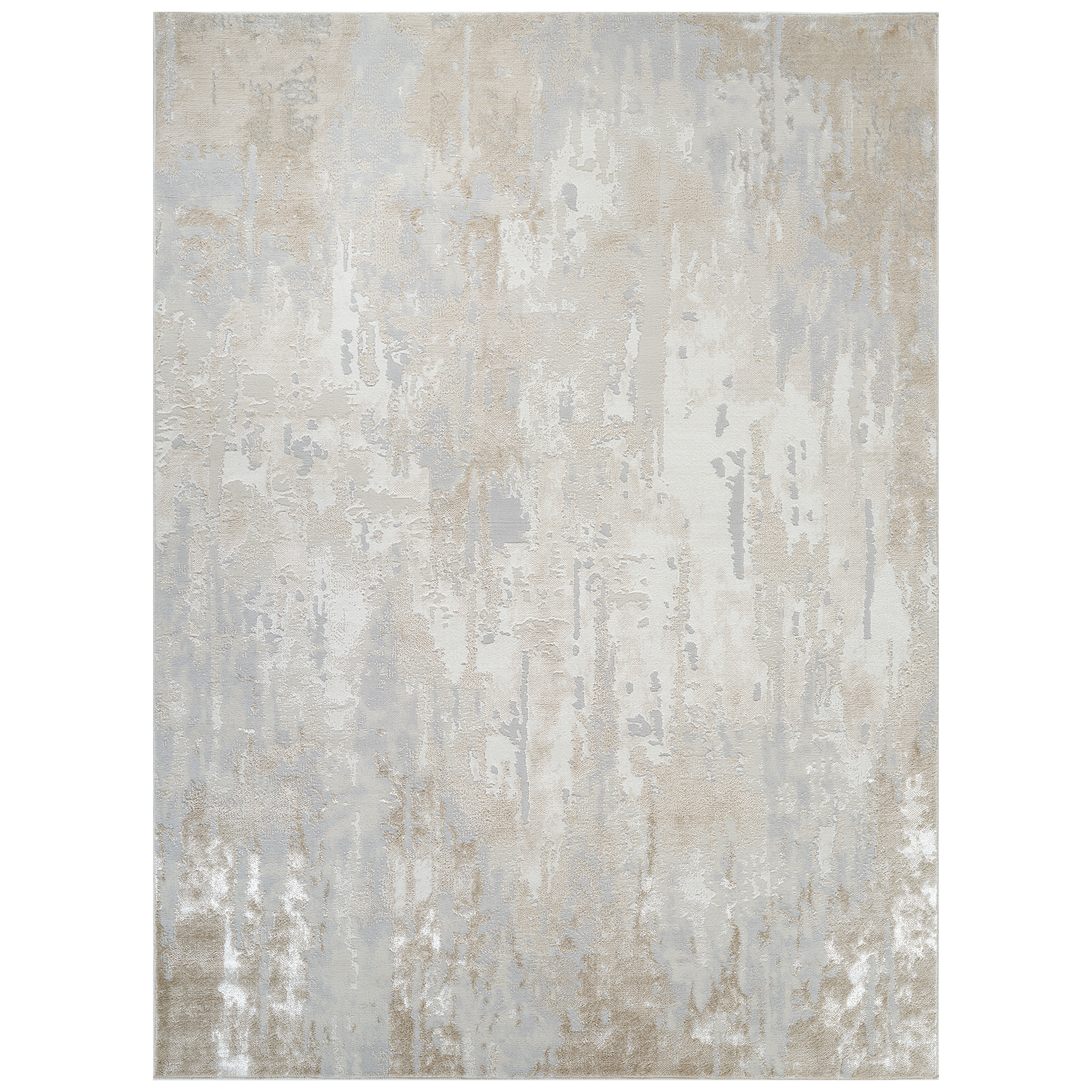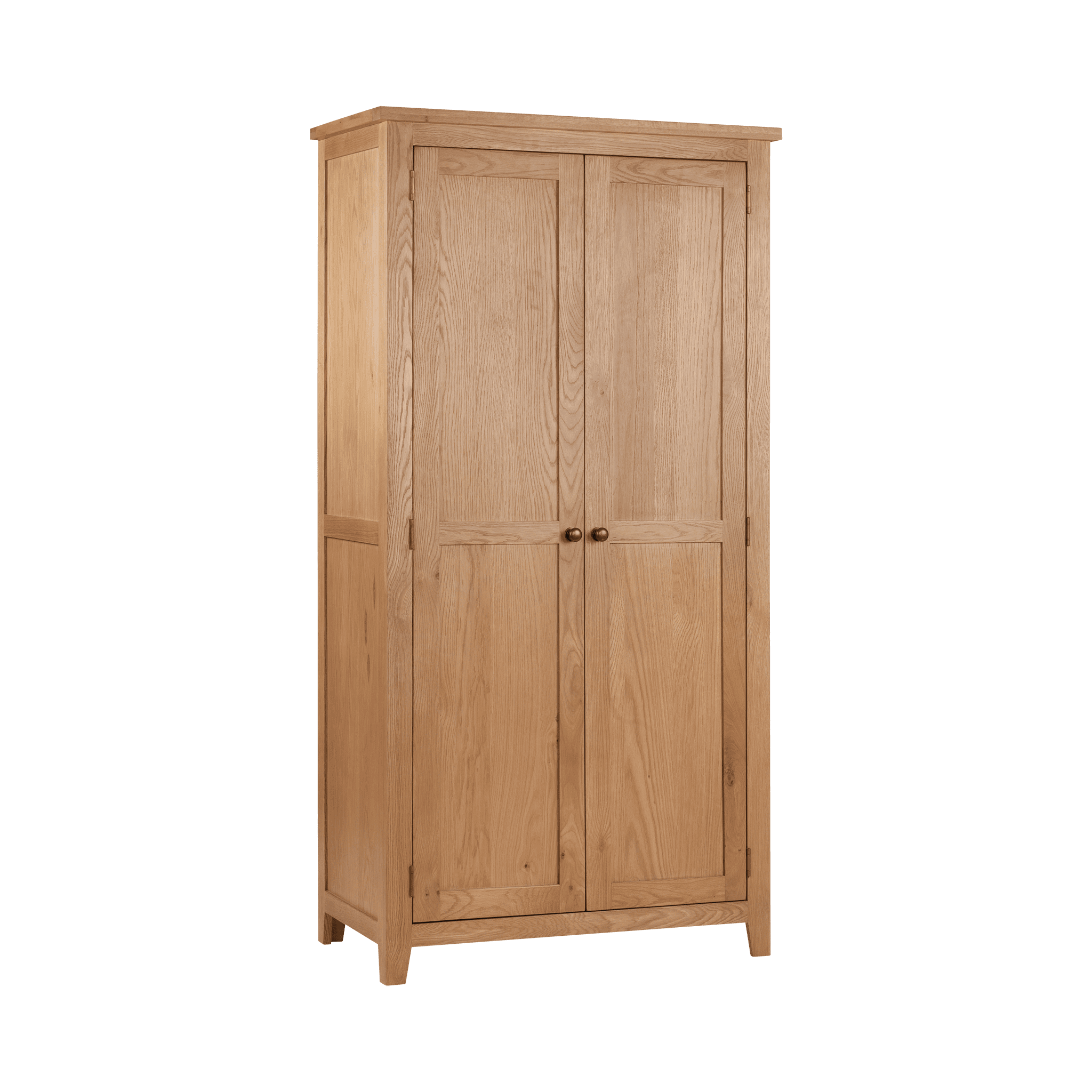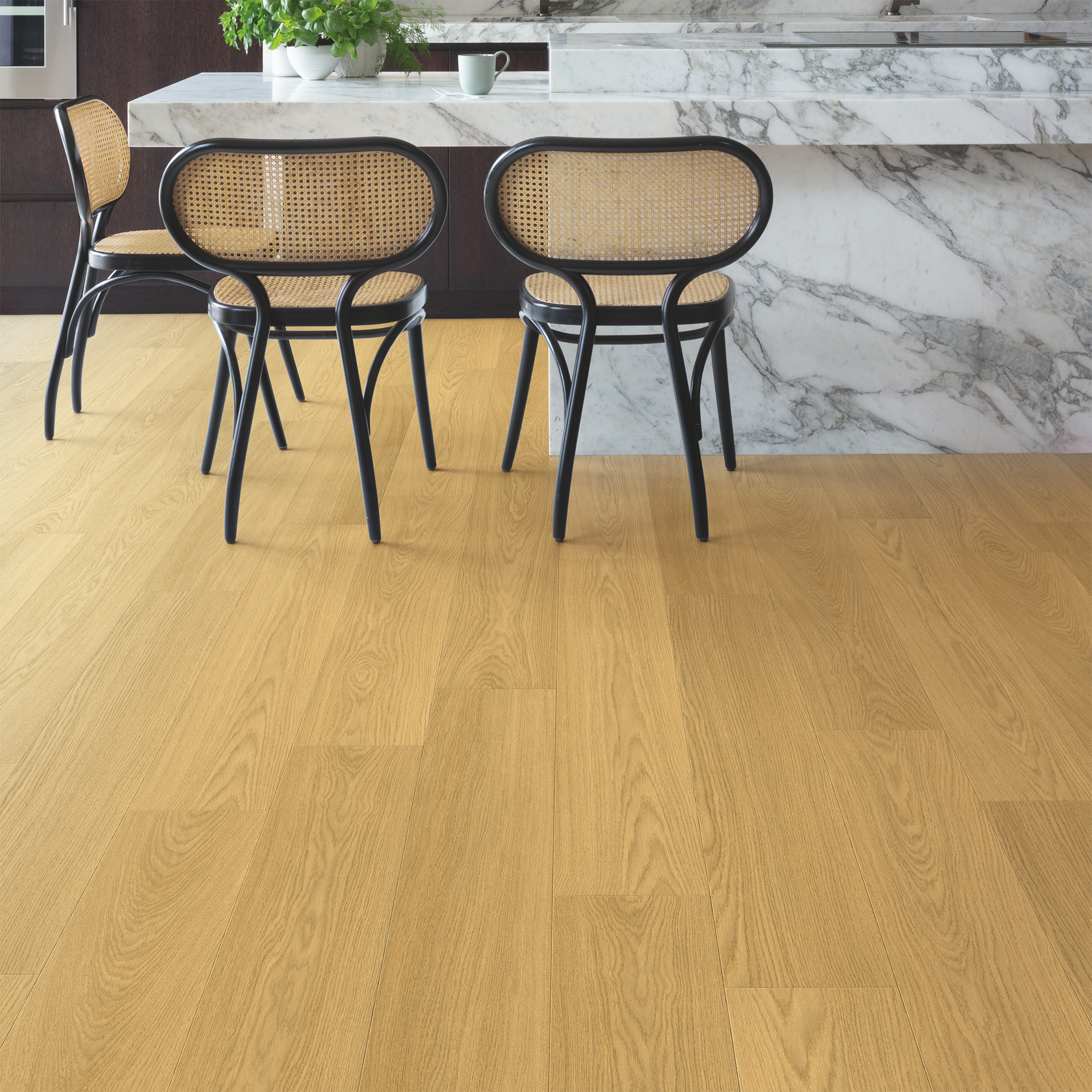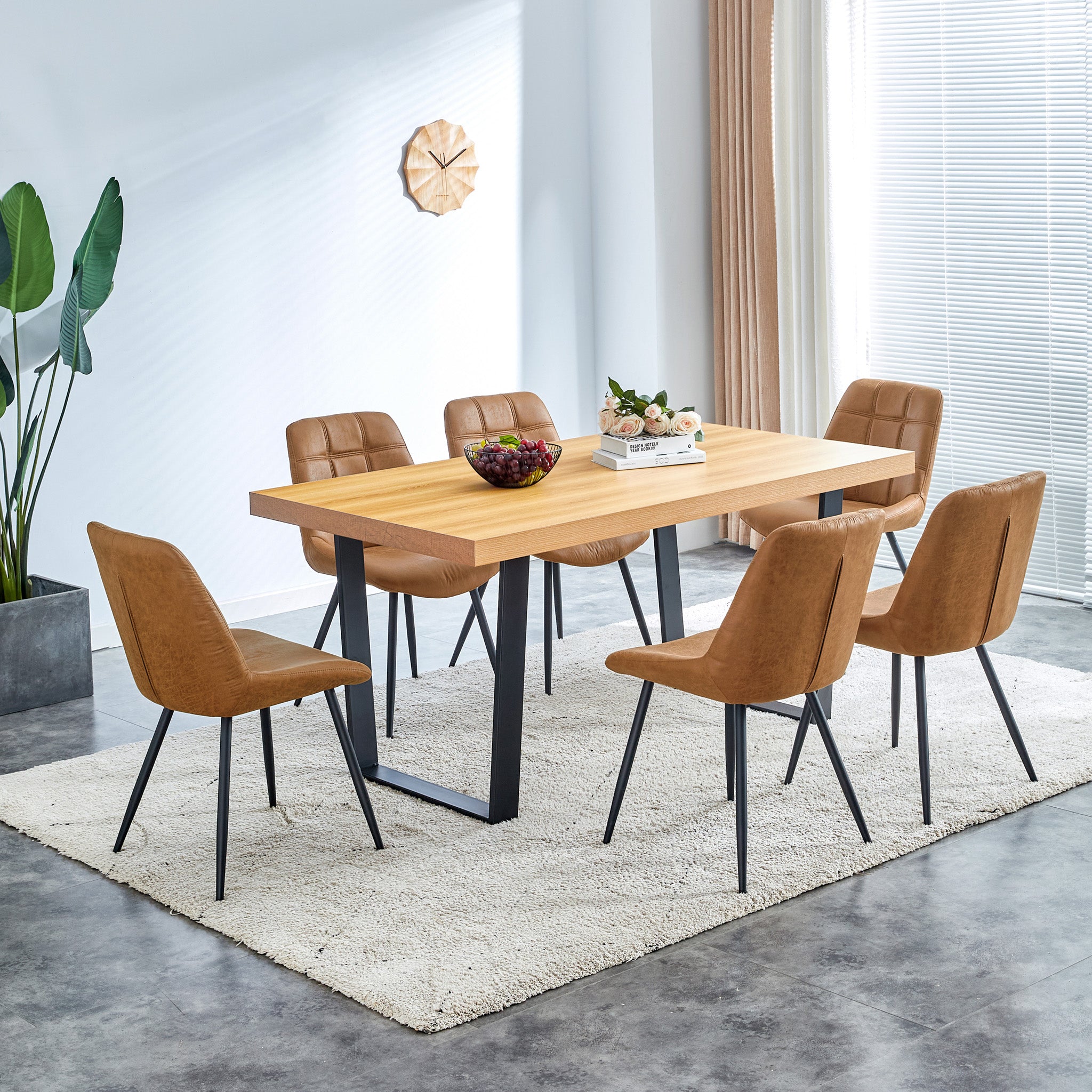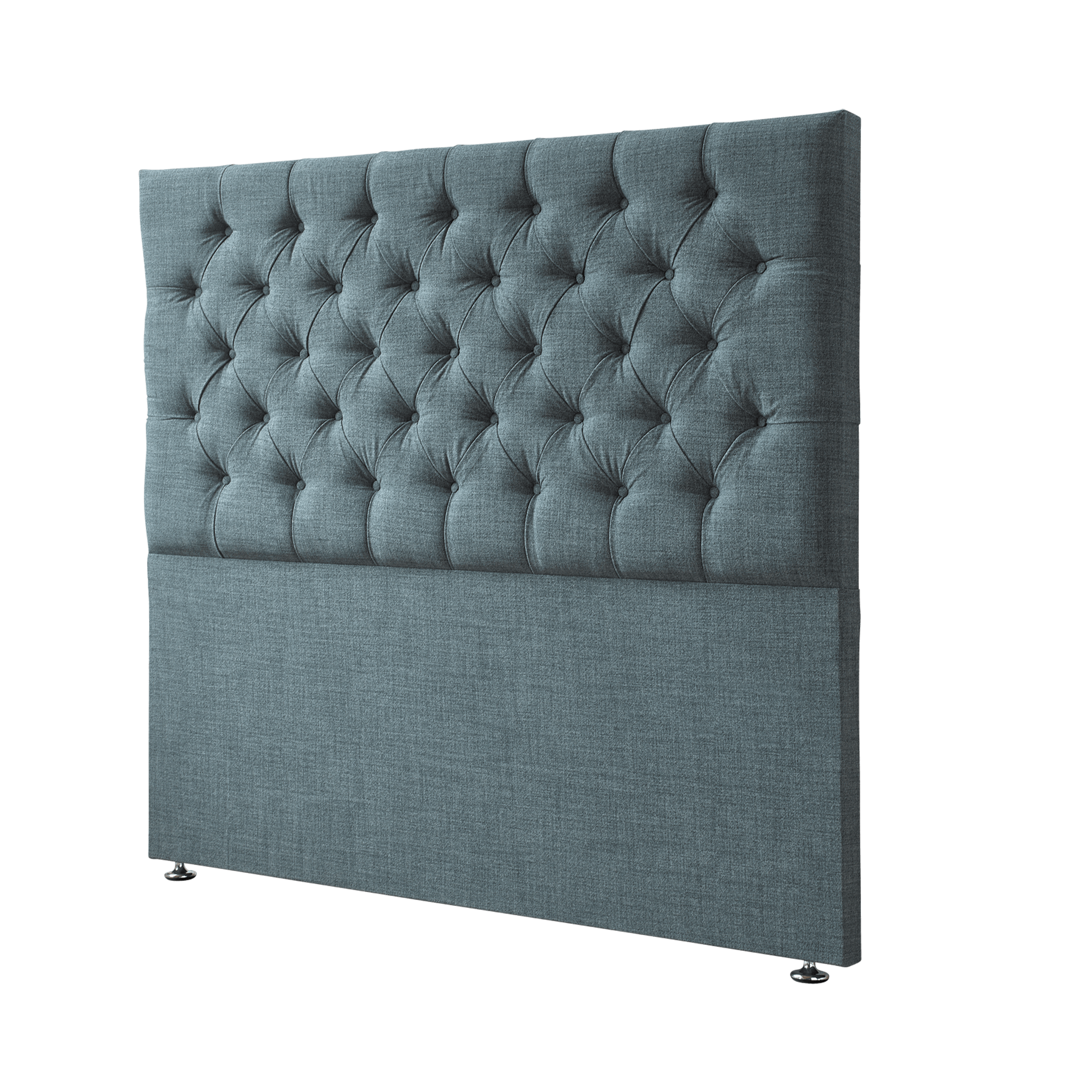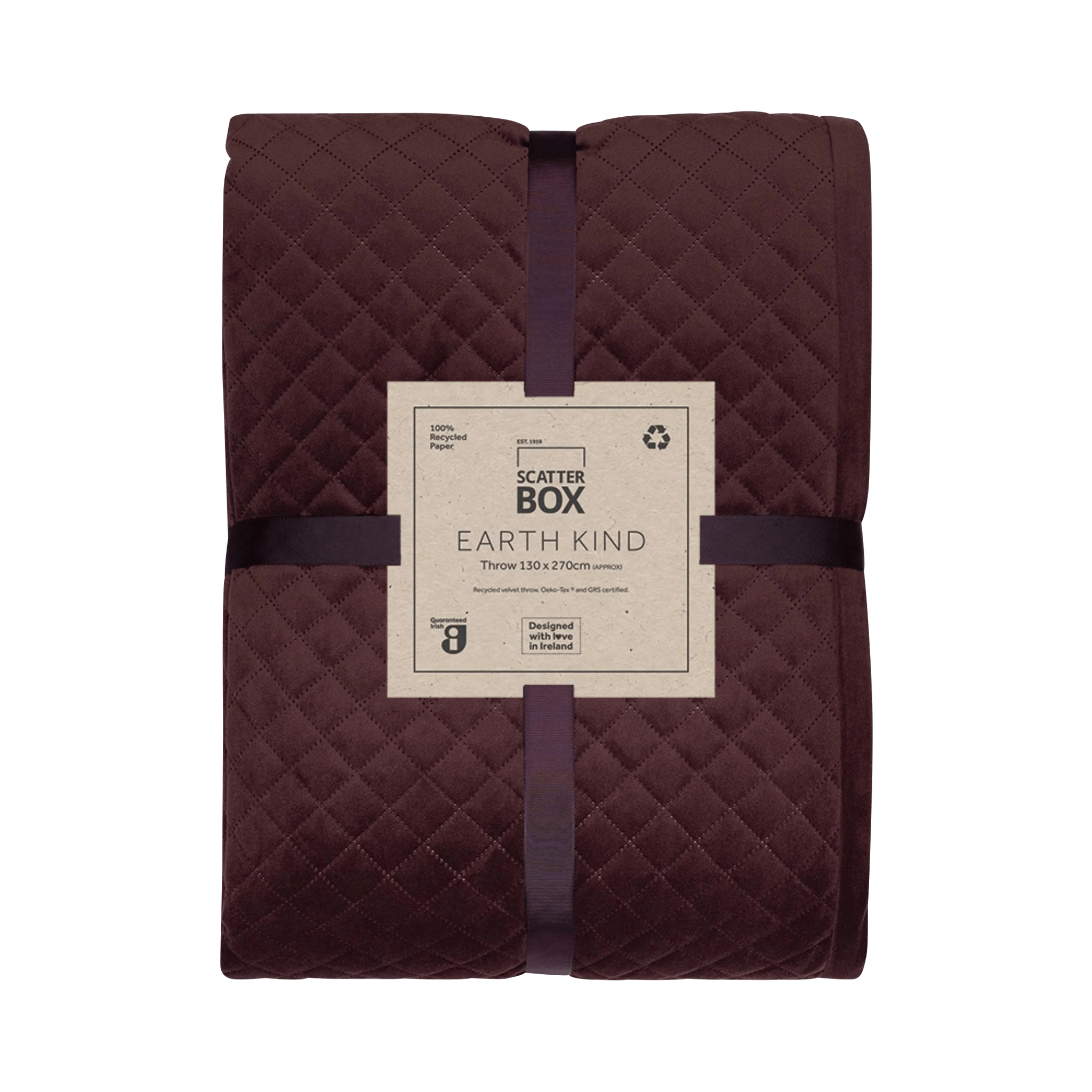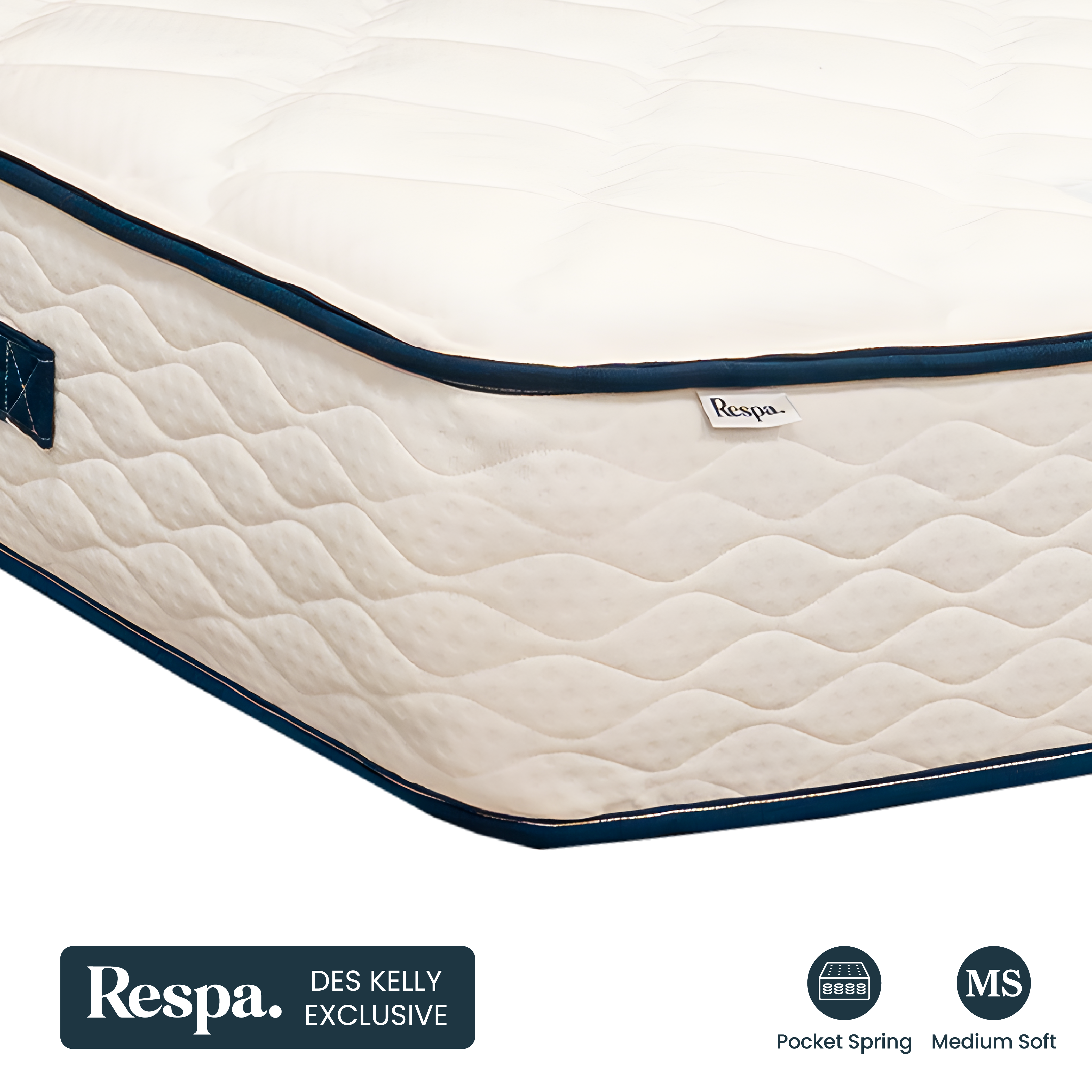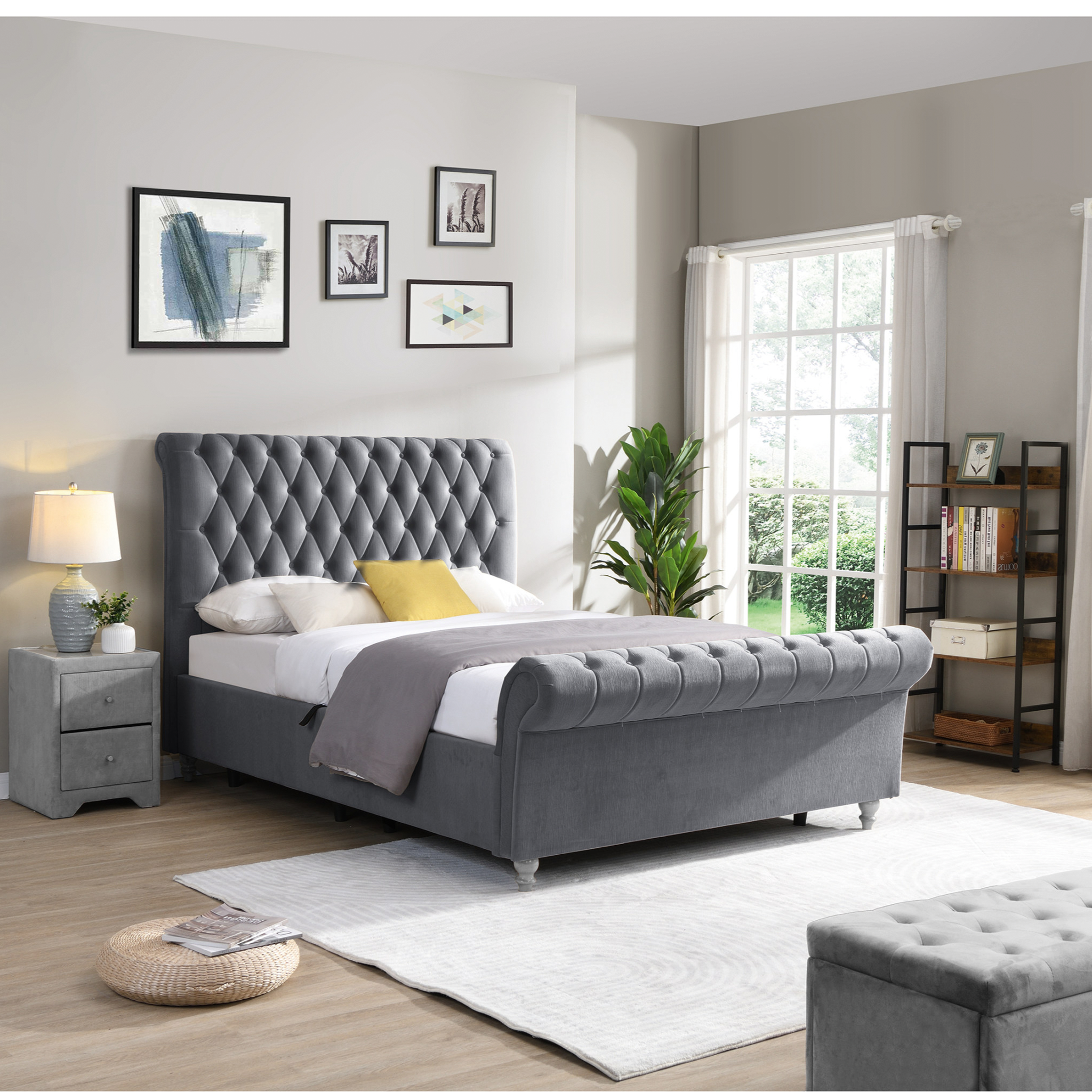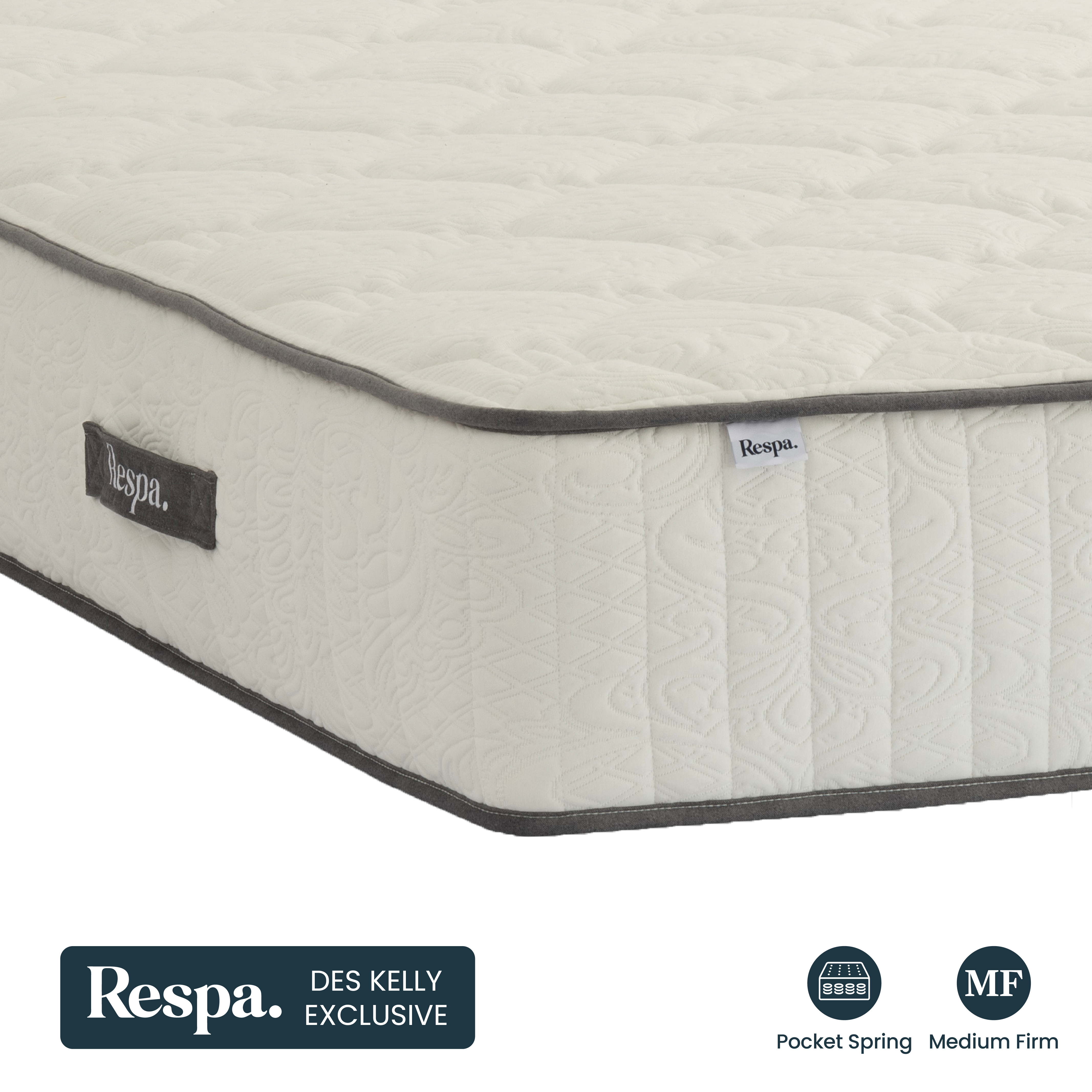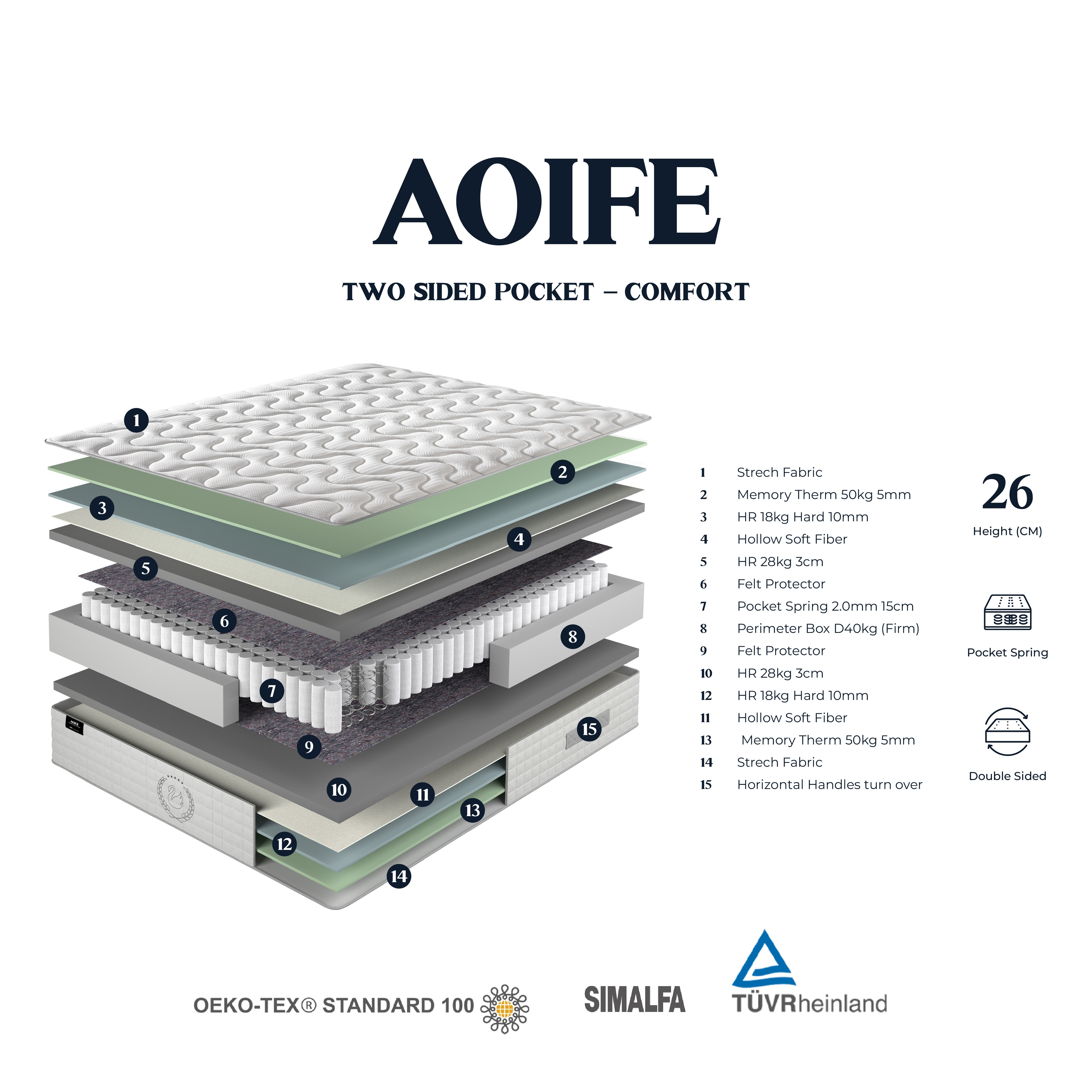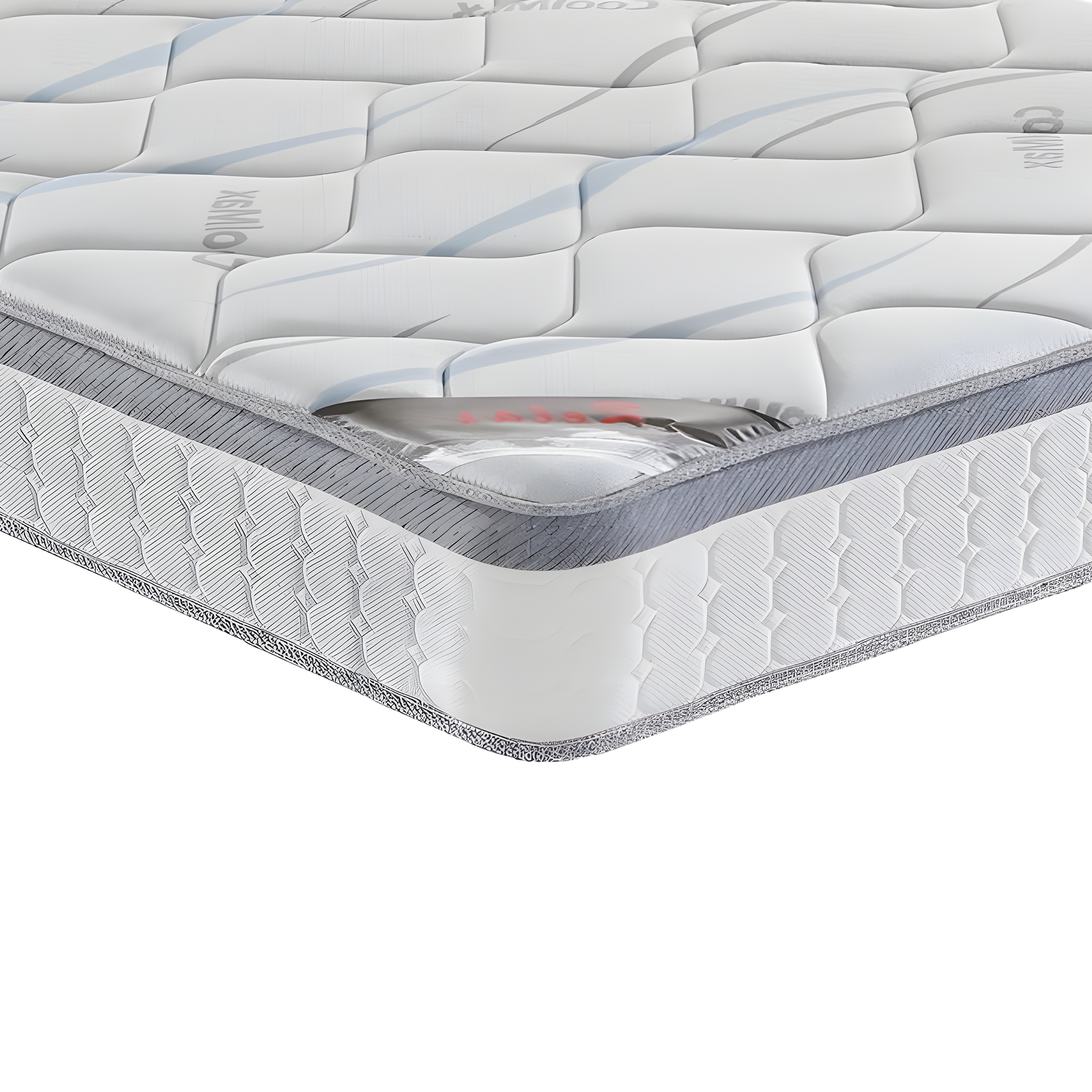
Engineered Wood Flooring vs Laminate Flooring: Which Is Best for Your Home?
Updated 19th November 2025
Engineered wood flooring is a multi-layer construction consisting of a real wood veneer over plywood or HDF core layers, providing the appearance of hardwood with enhanced stability and moisture resistance. This makes it a great choice for climates like Ireland's, which experience significant humidity and temperature fluctuations.
Choosing between engineered wood and laminate flooring comes down to your budget, lifestyle, and specific needs. Engineered wood offers a natural look and longer lifespan, whereas laminate is a more affordable, low-maintenance option. This guide will help you compare both and make the best decision for your home.

What is Laminate Flooring?
Laminate flooring is a multi-layer synthetic product designed to mimic natural materials such as wood, stone, or tile. It typically consists of a durable wear layer that resists scratches and stains, a high-resolution image layer that replicates the look of wood or stone, and core and backing layers for added structural stability.
This type of flooring is known for being scratch- and stain-resistant, offering a variety of styles and finishes. It's budget-friendly, low-maintenance, and features a click-lock system, making it ideal for DIY installation. Laminate is best suited for busy households or anyone seeking an affordable, stylish flooring option.
What is Engineered Flooring?
Engineered wood is made up of three primary layers: a top layer of real wood veneer for an authentic hardwood appearance, a durable plywood or high-density fiberboard (HDF) core for strength, and a stabilising bottom layer that enhances overall durability.
Its natural wood look closely resembles solid hardwood, and unlike laminate, engineered wood can be refinished meaning the surface can be sanded and resealed to restore its original appearance or change the finish. This makes engineered wood more durable and versatile. It's also more stable in humid conditions and works well with underfloor heating, making it an excellent choice for homeowners seeking a long-lasting, luxurious flooring option.

Engineered Wood Pros & Cons
Engineered wood combines the charm of solid hardwood with better stability and design flexibility, but it’s important to consider practical limitations like cost and maintenance.
Pros:
-
Authentic Wood Look: Offers the appearance of real hardwood, enhancing the aesthetic and value of your home.
-
Refinishable Surface: The top layer can be sanded and resealed to restore its look or update its finish, extending its lifespan.
-
Durable & Stable: More stable than solid hardwood, especially in areas with fluctuating humidity. Suitable for high-traffic areas when maintained properly.
-
Underfloor Heating Compatible: Works well with underfloor heating systems, unlike many solid wood floors.
Cons:
-
Higher Upfront Cost: More expensive than laminate and other synthetic options.
-
Requires Regular Maintenance: Needs specific wood-safe cleaning products and occasional refinishing to maintain its appearance.
-
Not DIY-Friendly: Installation often requires professional help, especially with gluing or nailing.
-
Prone to Scratches & Dents: While durable, engineered wood is still susceptible to surface damage from heavy furniture or pet traffic.

Laminate Wood Flooring Pros & Cons
Laminate flooring is a practical and stylish choice for homeowners looking for low-maintenance and cost-effective solutions, but it does have some trade-offs.
Pros:
-
Affordable: Laminate is a budget-friendly option, making it accessible for most homeowners.
-
DIY-Friendly: Easy to install with a click-lock system, perfect for homeowners looking to install flooring themselves.
-
Scratch & Stain Resistant: Its durable surface is resistant to wear and tear, making it ideal for high-traffic areas or homes with pets.
-
Variety of Styles: Available in a wide range of finishes and designs, including options that mimic the look of wood, stone, and tile.
Cons:
-
Not Refinishable: Once damaged, laminate cannot be sanded or refinished, and often needs to be replaced.
-
Harder & Cooler Underfoot: Laminate can feel less comfortable and less natural compared to real wood, though this can be mitigated with underlay.
-
Water Resistance Limitations: While more moisture-resistant than wood, laminate is not fully waterproof and is not recommended for bathrooms or high-moisture areas unless specified.
-
Lower Resale Value: Laminate generally has a lower perceived value compared to engineered wood or solid hardwood, which could affect your home’s resale value.

Key Considerations when Choosing your Flooring Type
1. Appearance & Aesthetics
-
Engineered wood offers a natural, authentic look with visible wood grain and aging characteristics, closely resembling solid hardwood.
-
Laminate effectively mimics wood but lacks the texture and depth of real wood. High-quality laminate can be visually convincing but doesn’t match the warmth of real hardwood.
2. Durability & Lifespan
-
Engineered wood typically lasts 20–30 years, with the ability to be refinished, restoring its appearance and extending its lifespan.
-
Laminate lasts 10–15 years and is resistant to scratches and stains, making it ideal for high-traffic areas. However, it can’t be refinished like engineered wood.
3. Comfort & Warmth
-
Engineered wood retains heat better and provides a softer feel underfoot. It’s an excellent choice for homes with underfloor heating.
-
Laminate can feel cooler and harder, but it can be made more comfortable with a suitable underlay. Both types are compatible with underfloor heating.
4. Installation & DIY
-
Laminate is DIY-friendly, featuring a click-lock system that makes installation quick and easy.
-
Engineered wood is more complex to install, especially if glued or nailed down, and often requires professional installation.
5. Maintenance
-
Laminate is easy to maintain with regular vacuuming and mopping. Its scratch- and stain-resistant surface requires minimal upkeep.
-
Engineered wood requires more care, with specific wood-safe cleaning products needed to protect its real wood veneer.
6. Cost Comparison
-
Laminate is more affordable upfront and typically incurs lower maintenance costs over time.
-
Engineered wood costs more initially but offers greater long-term value due to its durability and the potential to increase home value.
7. Moisture Resistance
-
Engineered wood performs well in moderate humidity but is not waterproof. It’s better suited to areas with fluctuating moisture, like living rooms and bedrooms.
-
Laminate is more moisture-resistant due to its synthetic construction, especially water-resistant models, though it’s still not ideal for bathrooms unless specifically rated.
Desk Kelly Your Flooring Experts
Now that you’ve compared the pros and cons of engineered wood and laminate flooring, it’s time to make your decision based on your needs and preferences. Visit our showrooms to explore our wide range of flooring options and get expert advice tailored to your home.
Ready to upgrade your floors? Contact us today to book your home consultation and purchase your flooring in-store. We offer free delivery and installation across many of our flooring ranges to make your flooring upgrade as smooth and stress-free as possible.
Frequently Asked Questions on Engineered vs Laminate Wood Flooring
What is engineered wood flooring made of?
Engineered wood flooring is made of three main layers: a top layer of real hardwood veneer, a core made of plywood or high-density fiberboard (HDF), and a stabilising bottom layer. This construction gives it the look of hardwood with better stability in varying climates.
What is laminate wood flooring?
Laminate wood flooring is a synthetic product made from multiple layers. The core is typically made of HDF, and the surface has a printed layer designed to mimic the appearance of natural wood. Laminate wood flooring is durable, resistant to scratches and stains, and comes in a wide range of styles and finishes, offering the look of real wood at a more affordable price point.
How long does engineered wood flooring last?
Engineered wood flooring typically lasts between 20 to 30 years, depending on the quality of materials, level of foot traffic, and how well it’s maintained. High-quality options can be refinished to extend their lifespan. Laminate flooring typically lasts between 10 to 15 years, with its durability depending on the quality of the laminate and the amount of foot traffic. While laminate is more resistant to scratches and stains, it can’t be refinished like engineered wood.
Is engineered wood flooring better than laminate?
Whether engineered wood flooring is better than laminate depends on your needs and preferences. Engineered wood is often preferred for its natural appearance, ability to be refinished, and long lifespan. However, laminate is a more budget-friendly option that is easier to maintain and install, making it ideal for some households. Consider factors such as budget, desired aesthetics, and long-term durability when making your decision.
Can engineered flooring be used in a kitchen?
Yes, engineered wood flooring can be used in kitchens, provided care is taken to avoid standing water. Its multi-layer construction offers greater moisture resistance than solid wood, making it suitable for kitchens with moderate humidity levels.
Where should you avoid using laminate?
Laminate flooring should not be used in bathrooms or high-moisture areas unless it is explicitly labelled as water-resistant. Excess moisture can cause the boards to warp or swell.
What drives the price difference between engineered wood and laminate flooring?
The price difference between engineered wood and laminate flooring is largely driven by the materials used and the manufacturing process. Engineered wood uses real hardwood veneer, which is a more expensive material than the synthetic layers used in laminate. Additionally, engineered wood’s ability to be refinished (which means sanding down the surface and applying a new finish or sealant to restore or change the look) adds to its long-term value, while laminate, though durable, cannot be refinished and is typically less expensive to produce. Factors such as installation costs and the brand or style of flooring can also affect the price difference.




